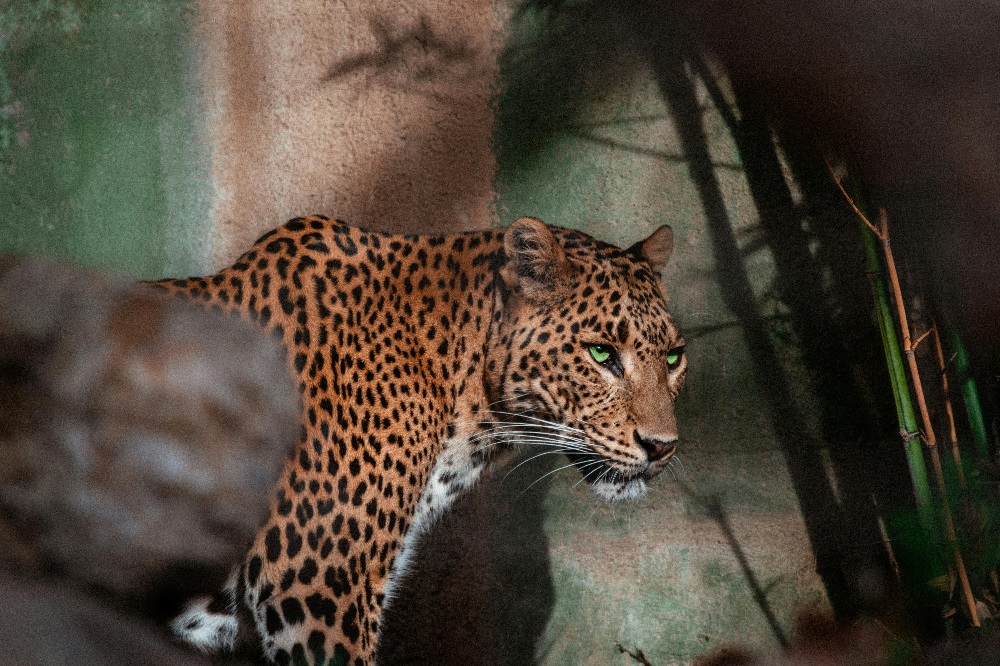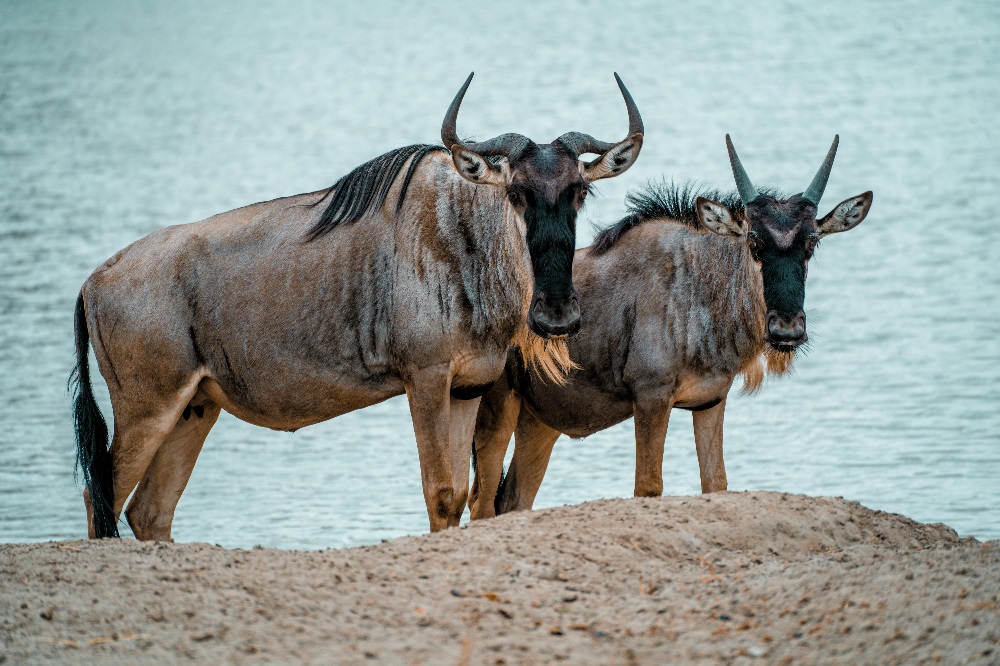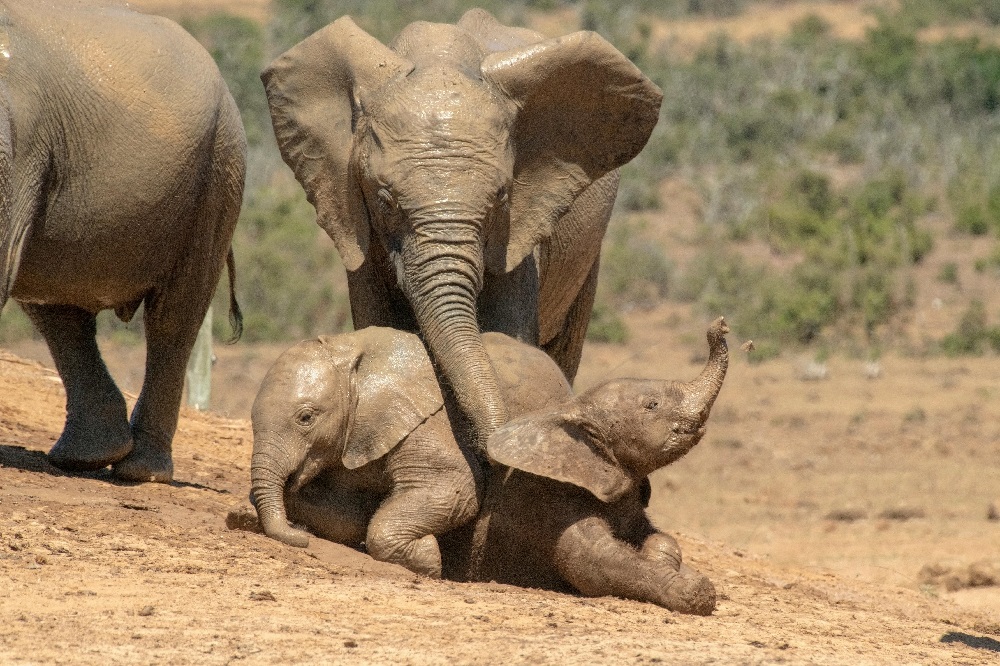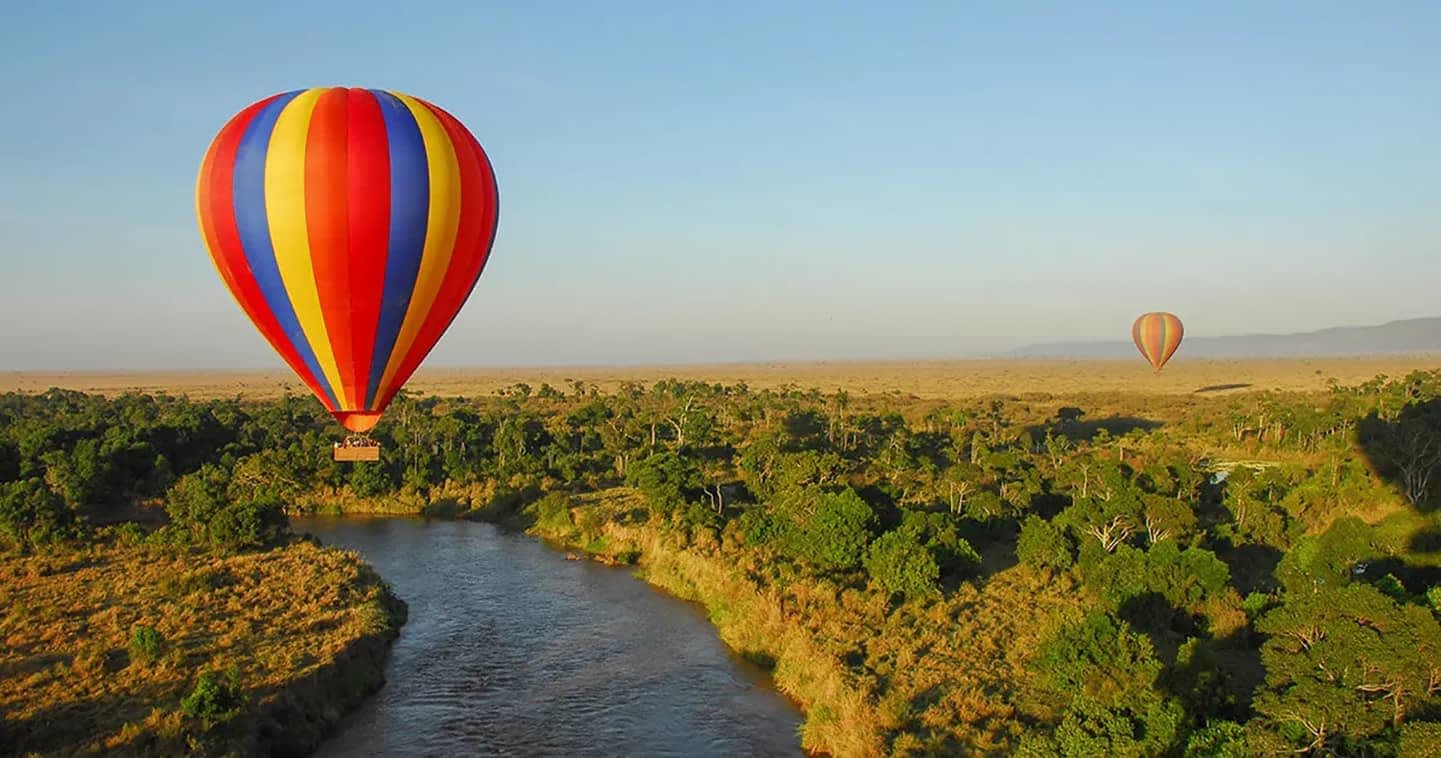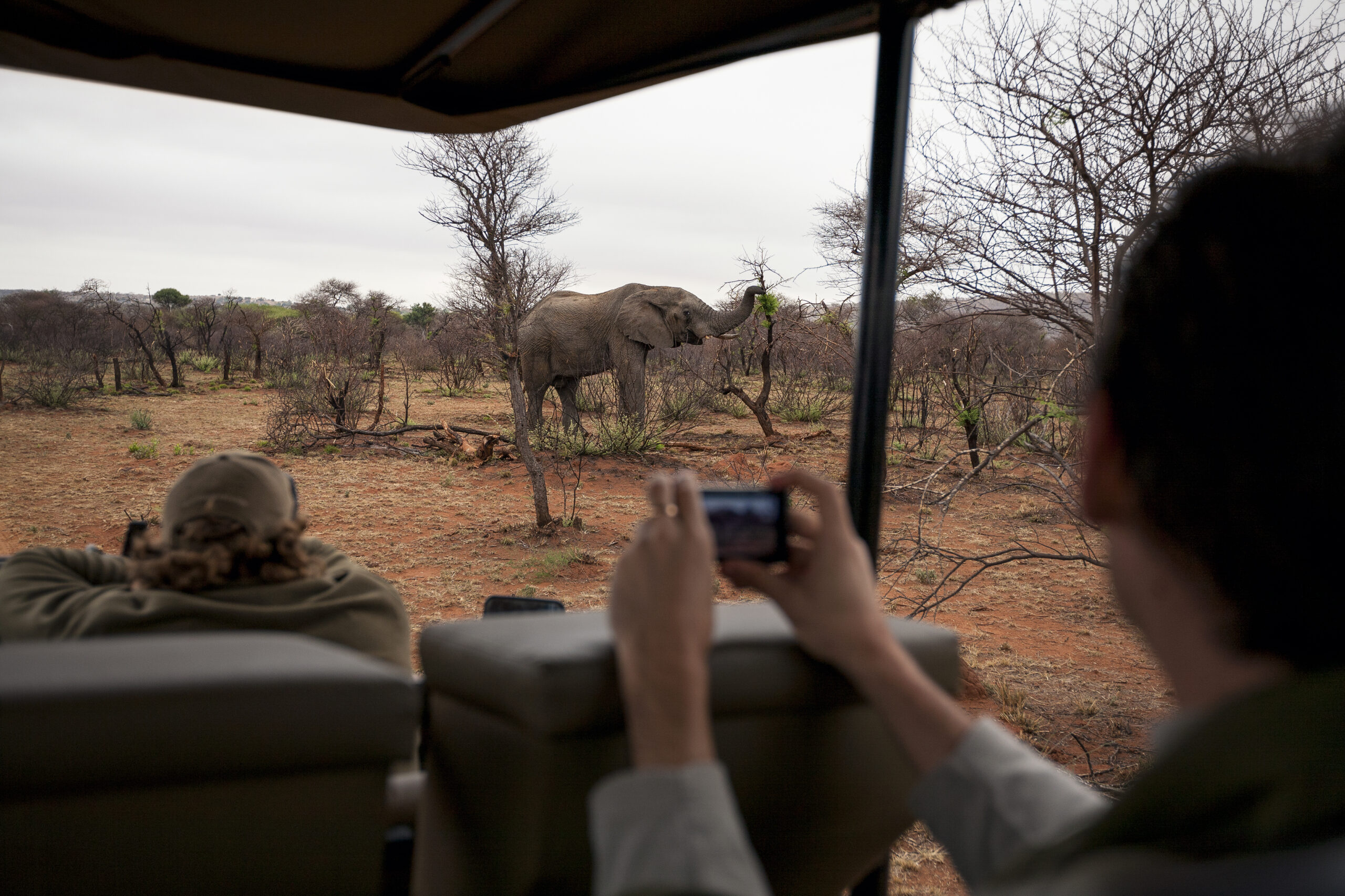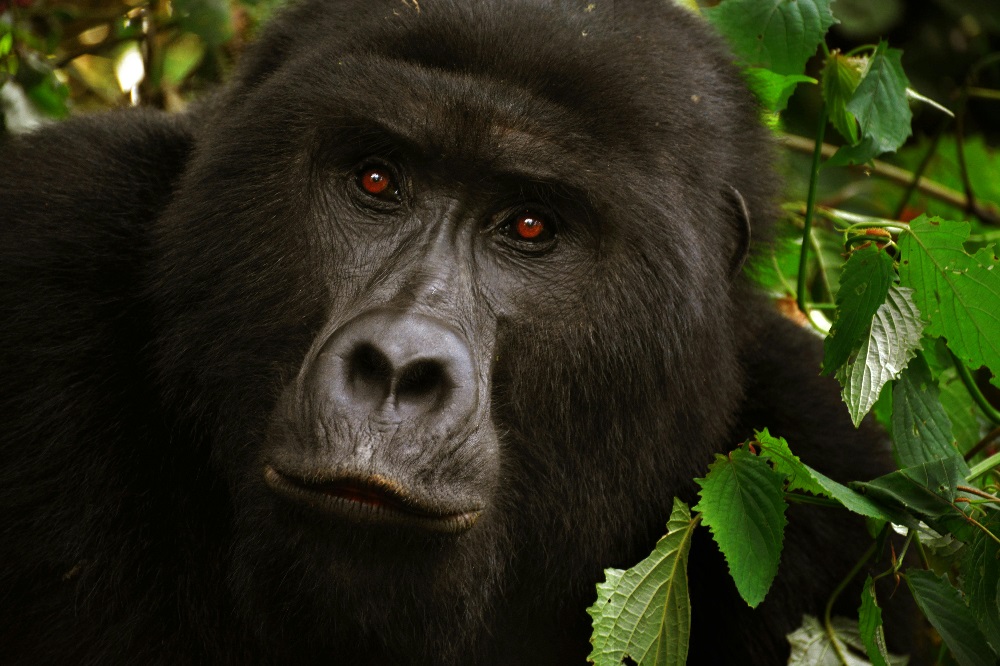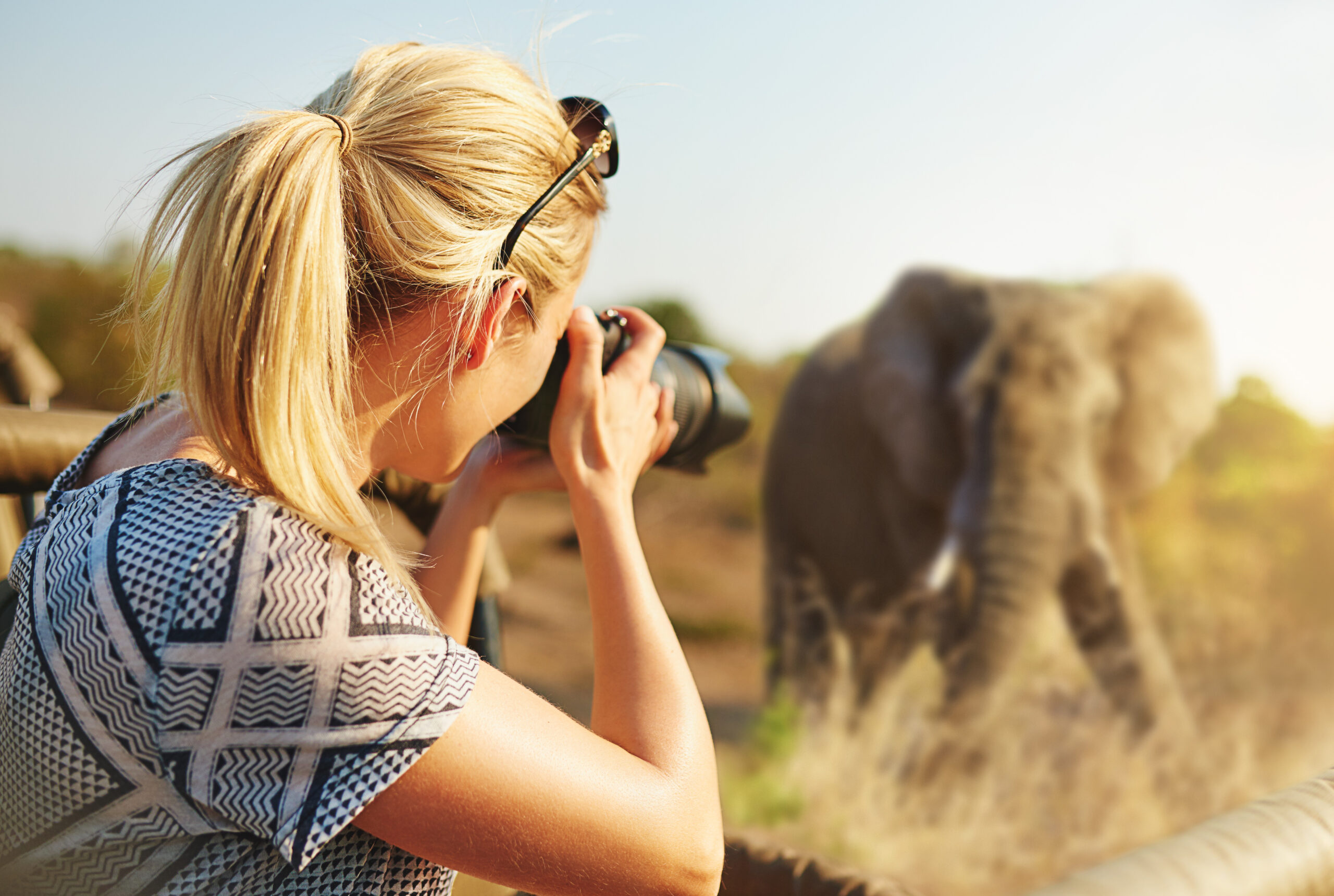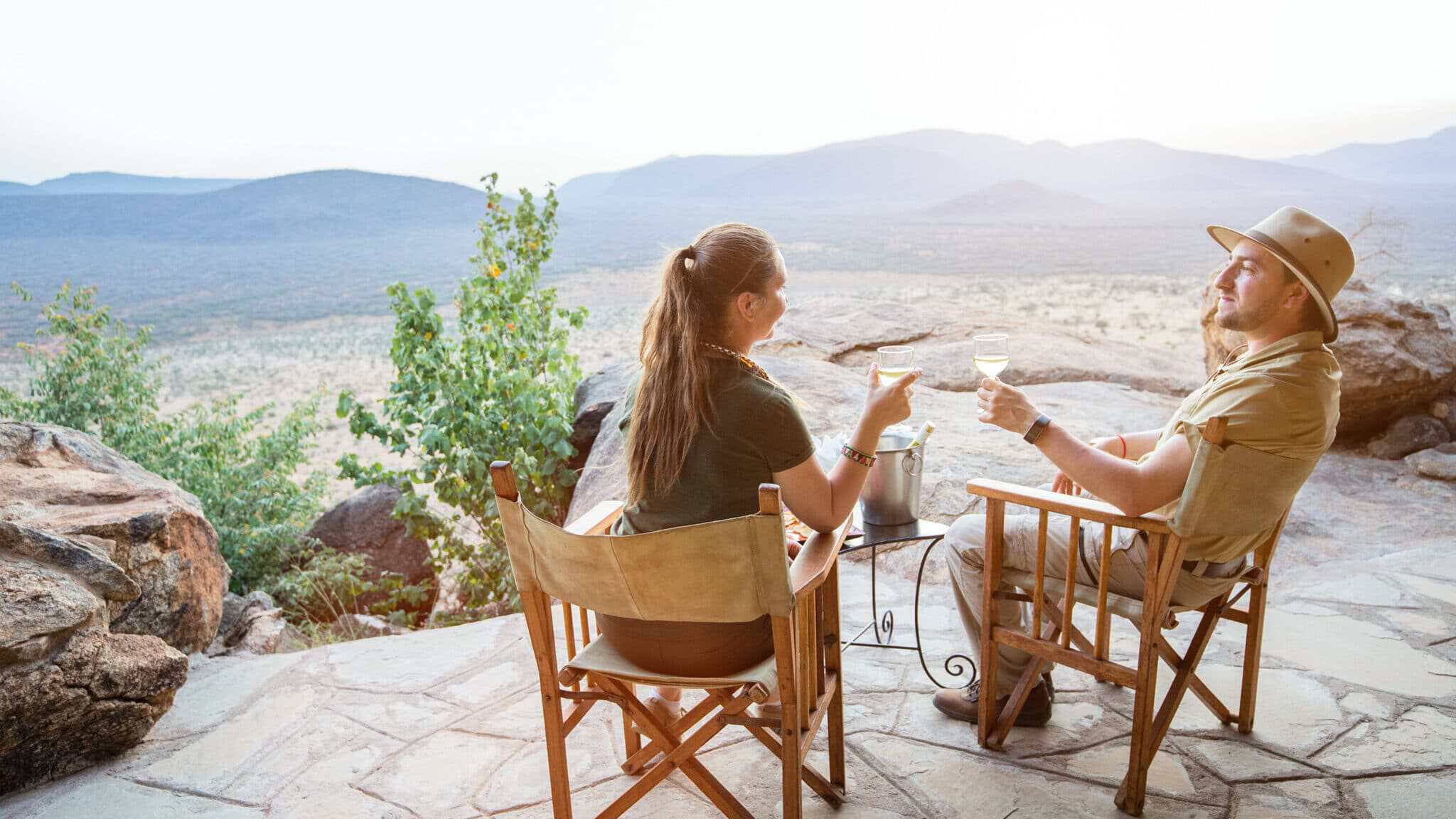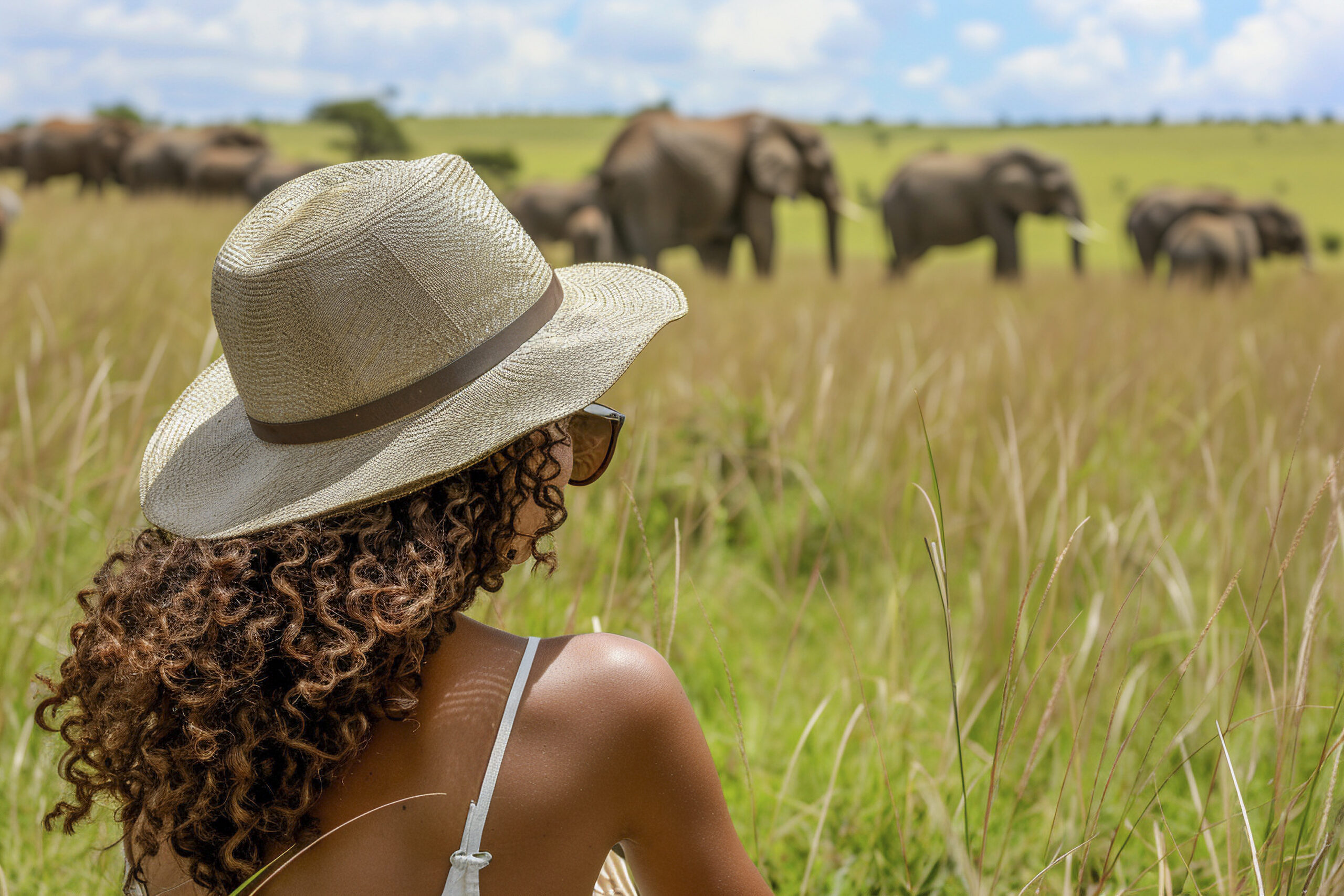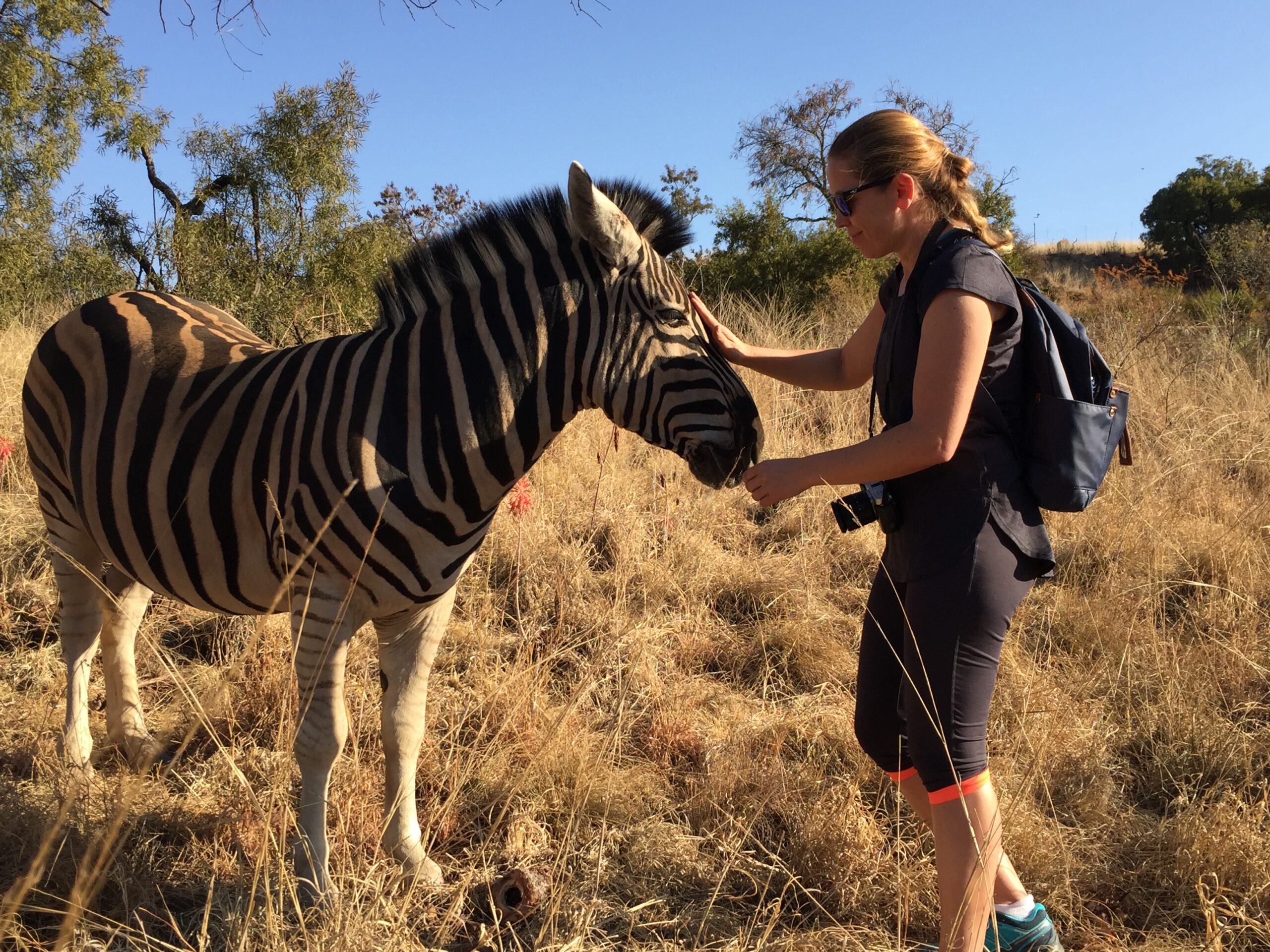When planning a two-week African safari, one of the first questions many travelers ask is how early they should book. Safaris are unique because the lodges and camps are often small, offering only a limited number of rooms or tents. If you are hoping to visit famous parks like the Serengeti in Tanzania or the Maasai Mara in Kenya, demand is always high, especially during the Great Migration season. Booking a year in advance is often recommended to secure the best lodges and guides at fair prices. Last-minute bookings are sometimes possible, but they tend to cost more and may leave you with fewer choices. Planning early also allows you to find good international flight deals, which is another major part of your safari budget. In general, planning between 9 months to a year in advance gives you the best balance of price and choice.
Why Kenya safari so expensive
Kenya is one of the most famous safari destinations in the world, but it can also be one of the most expensive. There are several reasons for this. First, Kenya’s national parks, especially the Maasai Mara, charge higher conservation fees compared to many other destinations. These fees are used to protect wildlife, maintain the parks, and support local communities. Second, luxury lodges and tented camps in Kenya are often world-class, offering incredible service, food, and views, which adds to the cost. Another factor is the popularity of Kenya. Since it attracts millions of visitors each year, prices naturally rise during peak season. Lastly, Kenya’s infrastructure for safari tourism is highly developed, which means travelers pay a premium for convenience and comfort. While Kenya can be pricey, many visitors feel the experience of seeing lions, elephants, and the migration in the Maasai Mara is worth the cost.
Which African country is the cheapest for safari
If you are traveling on a tight budget, you might wonder which African country offers the cheapest safari experience. While East Africa is famous for iconic parks, Southern Africa often provides more affordable options. South Africa, for example, is known to be more budget-friendly because it allows for self-drive safaris in Kruger National Park. Instead of paying for a private guide, you can rent a car, stay in government-run lodges, and explore at your own pace. Namibia is also affordable, with opportunities for self-drive adventures through Etosha National Park. On the other hand, Tanzania and Kenya tend to be more expensive because they focus on fully guided safaris and have higher park fees. Uganda can be a mid-range option, but gorilla trekking permits add extra cost. In general, if cost is your main concern, South Africa and Namibia usually offer the best value safaris without sacrificing the experience.
How many days should you spend on an African safari?
When planning a safari, it is important to balance time and budget. A two-week safari allows you to see multiple parks and enjoy different landscapes at a comfortable pace. For example, in Tanzania you might spend five days in the Serengeti, two days in Ngorongoro Crater, three days in Tarangire, and end with relaxation in Zanzibar. In Kenya, a two-week trip could include the Maasai Mara, Amboseli, Tsavo, and Samburu. Ten days is often the minimum recommended for a complete safari, but two weeks is ideal because it gives you enough time to spot the Big Five, follow the migration, and enjoy both game drives and cultural experiences. Shorter safaris of five to seven days are possible, but they may feel rushed. With 14 days, you can also include rest days to avoid fatigue from long game drives.
Is it best to book a safari in advance?
Booking in advance is highly recommended for safaris, especially if you are planning to visit during peak seasons such as the Great Migration in East Africa or the dry season in Southern Africa. Many of the best lodges and camps book out months ahead because they only host a small number of guests at a time. Advance booking also helps you secure better rates, as last-minute bookings are often more expensive. Another benefit of booking early is having time to arrange flights, visas, travel insurance, and vaccinations, which are all important for an African safari. Some travelers prefer to wait for last-minute deals, but this strategy is risky. While you might save money, you could also end up with fewer choices or even miss out on your dream safari. For most people, booking early ensures peace of mind and a smoother overall experience.
Which safari is best in Africa?
Choosing the best safari in Africa depends on what you want to experience. Tanzania is home to the Serengeti, where the Great Migration takes place, and Ngorongoro Crater, which has some of the highest densities of wildlife in the world. Kenya’s Maasai Mara is equally iconic, with its open savannahs and big cat populations. South Africa’s Kruger National Park is famous for easy self-drive safaris and a wide range of lodges. Botswana is known for its luxury safaris in the Okavango Delta, where you can explore wetlands by boat. Uganda and Rwanda are famous for gorilla trekking, which is a unique experience you cannot find elsewhere. The best safari for you will depend on your budget, time, and interests. If you want to see the migration, Tanzania or Kenya are the best choices. For affordability and flexibility, South Africa is ideal. For luxury and exclusivity, Botswana is unmatched.
Where is best for a safari holiday?
The best destination for a safari holiday depends on what type of experience you are looking for. Tanzania and Kenya are the most popular choices for first-time visitors because they offer classic savannah safaris with large herds of animals and famous parks. Tanzania is especially good if you want a longer trip because its northern circuit includes several world-class parks close together. Kenya is great for shorter safaris, with the Maasai Mara being easily accessible from Nairobi. South Africa is best if you want a mix of safari and other activities, such as visiting Cape Town, the Winelands, or the Garden Route. Botswana is excellent for travelers seeking luxury and adventure, while Namibia appeals to those who enjoy dramatic landscapes. Each country has its own strengths, but for many travelers, Tanzania is considered the best for a full safari holiday because of its variety, wildlife density, and stunning scenery.
How much is a safari in Kruger National Park?
Kruger National Park in South Africa is one of the most affordable and flexible safari destinations. A safari in Kruger can cost anywhere from £100 to £500 per day depending on whether you choose self-drive or guided tours. A budget-friendly option is to rent a car, stay in government lodges, and cook your own meals. This makes Kruger very accessible for travelers who want to experience wildlife without spending too much. On the other hand, luxury private reserves surrounding Kruger, such as Sabi Sands, can cost £600 to £1,200 per night. These lodges offer all-inclusive experiences with expert guides, gourmet meals, and close encounters with wildlife. A two-week Kruger safari can therefore range from £1,400 for a budget trip to over £15,000 for a luxury holiday.
How much does a Kenyan safari cost?
A two-week safari in Kenya varies greatly depending on the level of comfort you choose. A budget safari with basic lodges or camping might cost around £3,000 to £4,000 per person, including park fees and meals. A mid-range safari with comfortable lodges typically costs between £5,000 and £7,000. Luxury safaris in Kenya, especially in the Maasai Mara during the migration, can reach £10,000 or more per person for 14 days. This usually includes flights between parks, luxury camps, and personalized guiding. Kenya safaris are expensive compared to some other countries, but the experience of seeing large predator populations, the migration, and diverse landscapes make it worth the cost for many travelers.
How much is a trip to Africa for 2 weeks?
The total cost of a two-week trip to Africa depends on more than just the safari itself. International flights from the UK can range from £600 to £1,000 depending on the season and destination. Visas, vaccinations, and insurance may add another £200 to £400. Daily safari costs can range from £150 for budget to over £1,000 for luxury. Including flights, a two-week budget trip to Africa might cost around £3,000 per person, while a mid-range safari could be £5,000 to £7,000. Luxury travelers can easily spend £10,000 to £15,000 or more. Tanzania and Kenya are usually more expensive than South Africa or Namibia because they rely on guided safaris. However, the chance to see the migration and the Big Five in their natural home is priceless for many visitors.
How much does a safari to Tanzania cost?
Tanzania is one of the top safari destinations in the world, and costs here are slightly higher than in some other African countries. A two-week budget safari in Tanzania may cost around £3,500 to £4,500 per person, while a mid-range safari could be £6,000 to £8,000. Luxury safaris in Tanzania, especially in the Serengeti, can easily exceed £10,000. The higher costs are due to national park fees, the need for guided tours, and the remoteness of some camps. However, the experience of seeing vast herds of wildebeest, lions, elephants, and giraffes in iconic landscapes is something very few destinations can match. For many travelers, Tanzania offers the ultimate African safari experience, making the higher cost worthwhile.
Which African safari is best for money?
When considering value for money, South Africa is often seen as the best destination. Kruger National Park offers affordable options for all types of travelers, from budget to luxury. Tanzania and Kenya, while more expensive, provide incredible experiences like the Great Migration, which is considered one of the world’s greatest wildlife spectacles. Uganda and Rwanda are best for those seeking gorilla trekking, though this is costly. Namibia is excellent for unique landscapes and self-drive adventures at lower prices. The best value depends on what you want to see. If your goal is to stretch your budget while still experiencing amazing wildlife, South Africa wins. If you are looking for the ultimate safari experience and are willing to pay more, Tanzania and Kenya offer unforgettable value.


